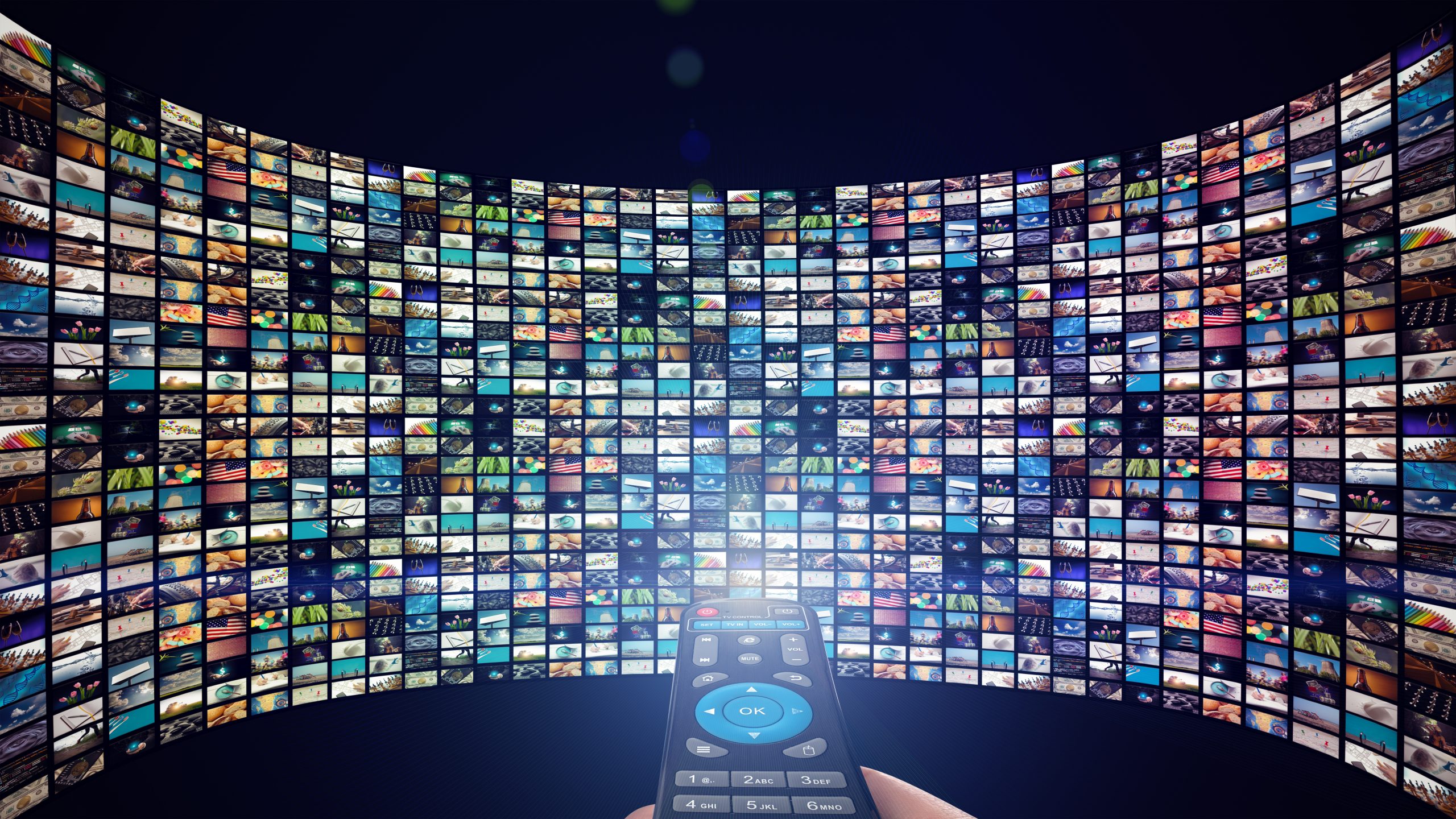Introduction
The entertainment industry has long been scrutinized for its lack of diversity and representation. From Hollywood films to advertising campaigns, the casting of talent has historically reflected narrow societal standards, often sidelining underrepresented communities. However, the advent of Artificial Intelligence (AI) in talent selection is presenting both opportunities and challenges in promoting diversity. This article delves into the evolution of casting through AI, its impact on diversity, and the ethical considerations that come with this technological shift.
The Traditional Casting Landscape
Historically, casting in film, television, and advertising has been influenced by a range of factors, from marketability and audience appeal to entrenched biases. Despite efforts to diversify the screen, studies have shown that casting decisions often reinforce stereotypes and perpetuate a lack of representation. The consequences of such practices are profound, as media representation plays a critical role in shaping societal perceptions and cultural norms.
While progress has been made in recent years, with more diverse faces appearing in media, the industry still faces criticism for tokenism and superficial inclusivity. Enter AI—a technology with the potential to revolutionize casting by offering data-driven solutions. But can it truly address the deep-rooted issues of representation?
AI in Talent Selection: The Promise and the Perils
AI’s potential to transform casting lies in its ability to analyze vast amounts of data quickly and efficiently. By processing demographic information, audience preferences, and past performance metrics, AI can identify talent that might otherwise be overlooked. For example, AI could help casting directors find actors who authentically represent marginalized communities, thereby promoting diversity in a more systematic way.
However, the implementation of AI in casting is not without its challenges. AI systems learn from existing data, which often contains historical biases. If left unchecked, these biases can be perpetuated, leading to discriminatory outcomes. For instance, if an AI system is trained on past casting decisions that favored certain demographics, it might continue to favor those groups, thereby entrenching the very inequities it was meant to combat.
Moreover, there is the risk of reducing complex human attributes, such as talent and charisma, to mere data points. This reductionist approach could lead to homogenized casting choices that lack the richness and diversity of human experience.
Case Studies: AI in Action
Several companies have already begun experimenting with AI in casting. For example, platforms like Casting Networks and GEEIQ use AI to match actors with roles based on a range of criteria, from physical attributes to social media influence. These platforms promise to democratize the casting process by giving lesser-known actors a fair chance at being considered for roles.
One notable case is the use of AI by advertising agencies to ensure that their campaigns reflect a diverse range of voices. By analyzing audience demographics and sentiment, AI can suggest casting choices that resonate with a broader audience. In theory, this could lead to more inclusive and effective campaigns.
However, these examples also highlight the ethical dilemmas inherent in AI-driven casting. For instance, should AI algorithms be allowed to prioritize certain demographics over others in the name of diversity? And who decides what criteria are used to make these decisions? These questions underscore the need for a careful and nuanced approach to AI in casting.
Ethical Considerations and the Path Forward
The integration of AI in casting raises important ethical questions, particularly concerning transparency, accountability, and bias. To ensure that AI contributes to greater diversity, it is crucial to address these concerns head-on.
- Transparency: One of the key challenges in AI-driven casting is the opacity of algorithms. Casting directors and stakeholders must be aware of how AI systems make decisions and what data they rely on. This transparency is essential to building trust and ensuring that the technology is used responsibly.
- Accountability: With AI taking on a greater role in casting, it is important to establish clear lines of accountability. Who is responsible when an AI system makes a biased or discriminatory decision? This question must be answered to prevent harmful outcomes and to protect the interests of underrepresented communities.
- Bias Mitigation: To avoid perpetuating historical biases, AI systems must be designed with bias mitigation in mind. This involves using diverse training data, regularly auditing AI systems for bias, and incorporating feedback from diverse stakeholders. Moreover, there must be human oversight to ensure that AI-driven decisions are fair and just.
- Human Element: While AI offers powerful tools for improving diversity, it should not replace the human element in casting. Human intuition, empathy, and creativity are irreplaceable and must remain central to the decision-making process. AI should be seen as a tool that complements human judgment, not a substitute for it.
Conclusion
The evolution of casting through AI presents both exciting possibilities and significant challenges. On one hand, AI has the potential to democratize the casting process and promote diversity in ways that were previously unimaginable. On the other hand, if not carefully managed, AI could reinforce existing biases and lead to a homogenization of talent.
As the entertainment and advertising industries continue to embrace AI, it is imperative that they do so with a commitment to ethical practices and social responsibility. By prioritizing transparency, accountability, and bias mitigation, AI can be a force for positive change in the world of casting. Ultimately, the goal should be to use AI not just to reflect the diversity of our world, but to celebrate it.
In this evolving landscape, the collaboration between technology and human judgment will be key to ensuring that casting choices are not only diverse but also authentic and inclusive.

